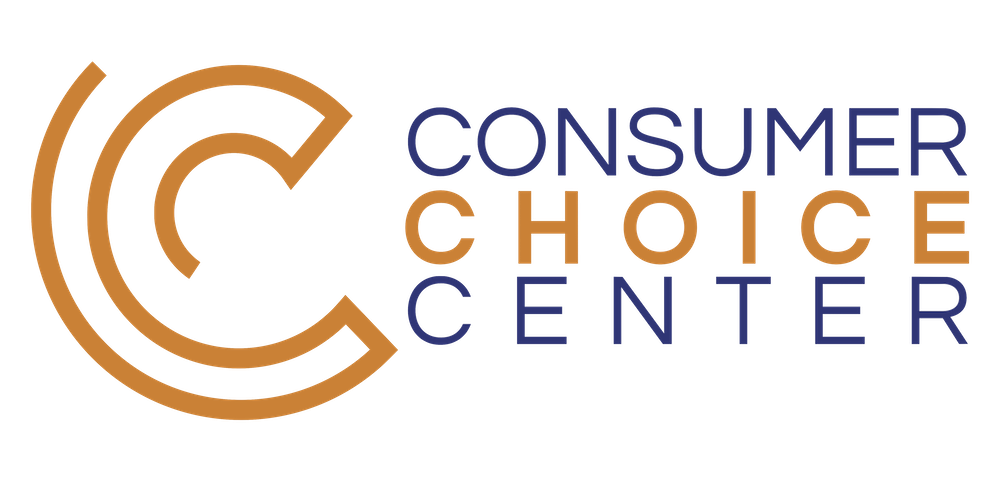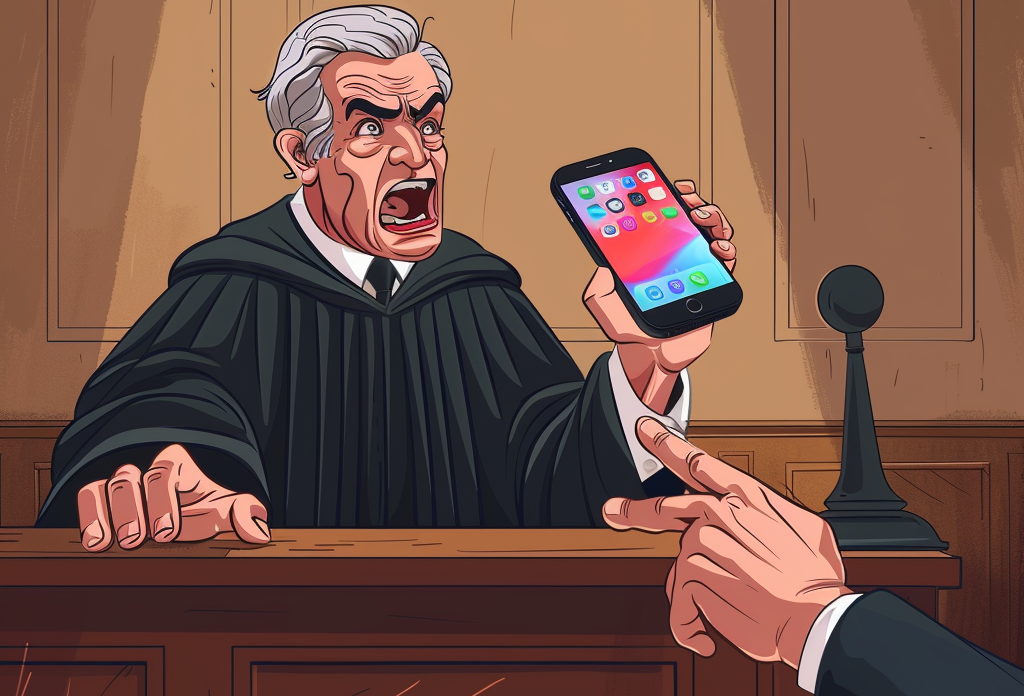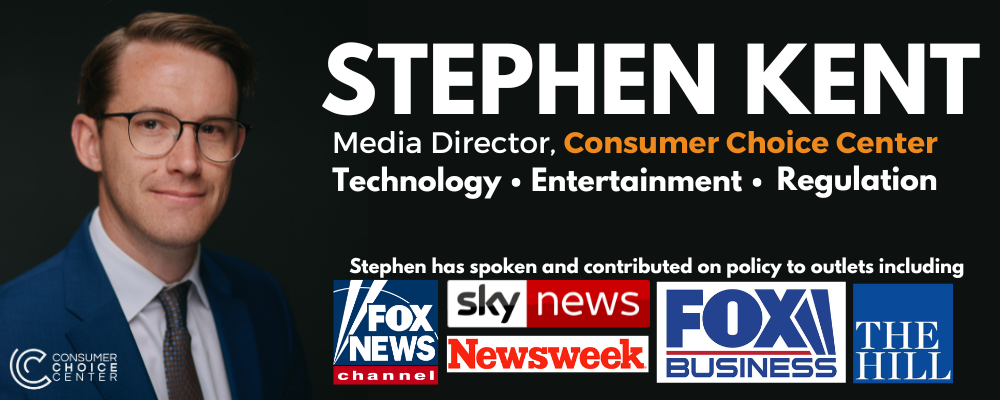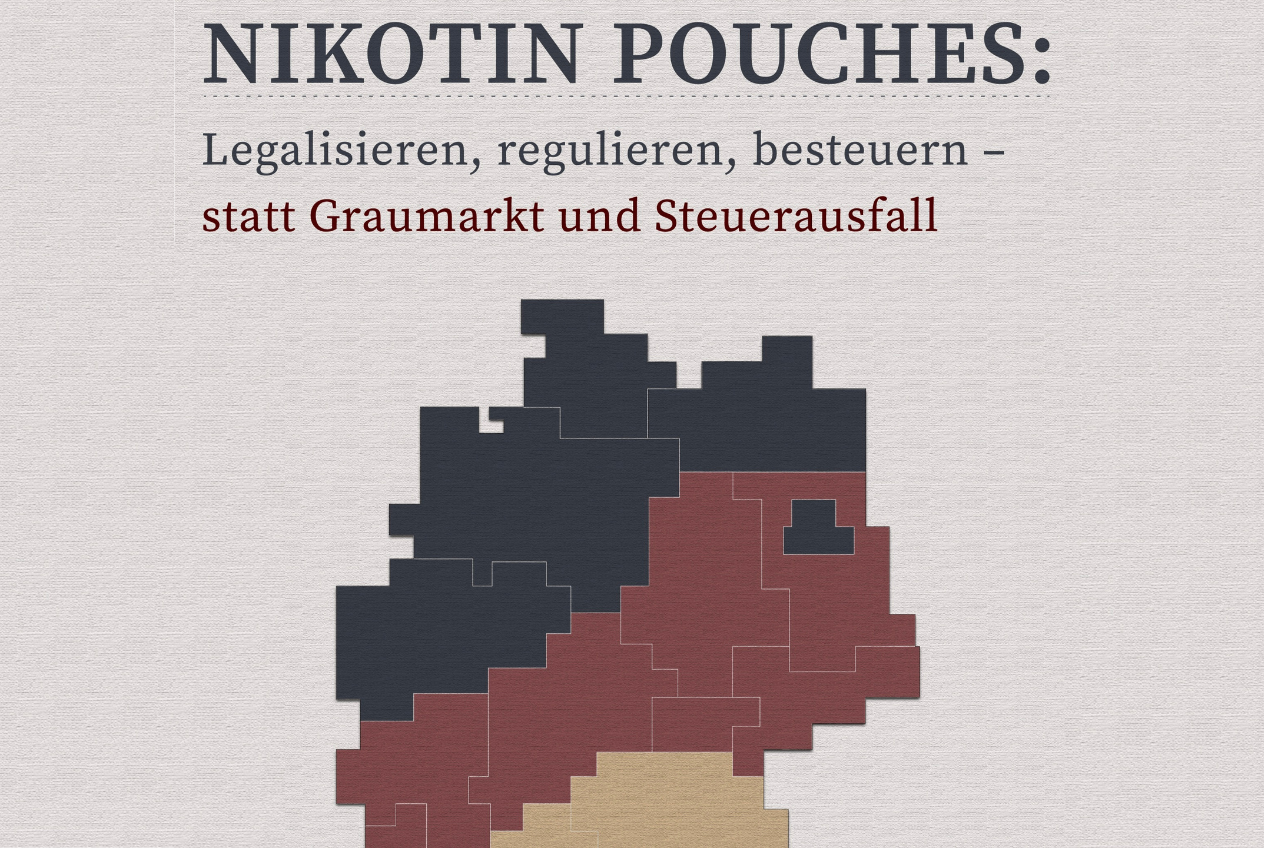
Washington, D.C. – Today the DOJ unveiled its long-awaited antitrust lawsuit against Apple, alleging that Apple maintains an “illegal monopoly” over the smartphone industry.
“This is a very extreme position being taken by Merrick Garland’s DOJ,“ said Stephen Kent, media director of the Consumer Choice Center, “The lawsuit claims that Apple throttles the use of third-party messaging apps despite ample evidence that millions of tech consumers have a wide range of choice for powerful messaging apps that rival the experience of iMessage.”
** Read Stephen Kent in The Hill on DOJ’s weak case against Apple **
The lawsuit also asserts that Apple limits the connectivity of certain competitor devices such as smartwatches, favoring Apple devices in their own ecosystem of technology.

Kent continued, “DOJ is arguing that consumers are wrong to like Apple products and how they sync so nicely with one another. Apple is a fully integrated system of tech and lifestyle brand. For the government to say Apple must build technology to accommodate its competitors at the expense of their user experience, is a huge stretch for antitrust law. This reminds me of the FTC’s witch hunt against Microsoft & Activision/Blizzard, where the US government appeared to be working on behalf of Sony to stop a pro-consumer merger. Apple’s competitors should make products more consumers enjoy the way consumers enjoy Apple.”
The Consumer Choice Center stands for consumers’ right to choose between products in a fair, competitive, and open market. It is unclear how the government’s case against Apple would unleash competition and innovation in the smartphone sector.
** Read Yael Ossowski in The Hill on Apple’s “green bubble” text controversy **
“If anything,” Stephen Kent concluded, “This case will simply lower the bar for smartphone tech and user experience in the US, rather than improving consumer access to technology. Let Apple be Apple.”

The CCC represents consumers in over 100 countries across the globe. We closely monitor regulatory trends in Washington, D.C., Ottawa, Brussels, Geneva, and other hotspots of regulation and inform and activate consumers to fight for Consumer Choice. Learn more at consumerchoicecenter.org




